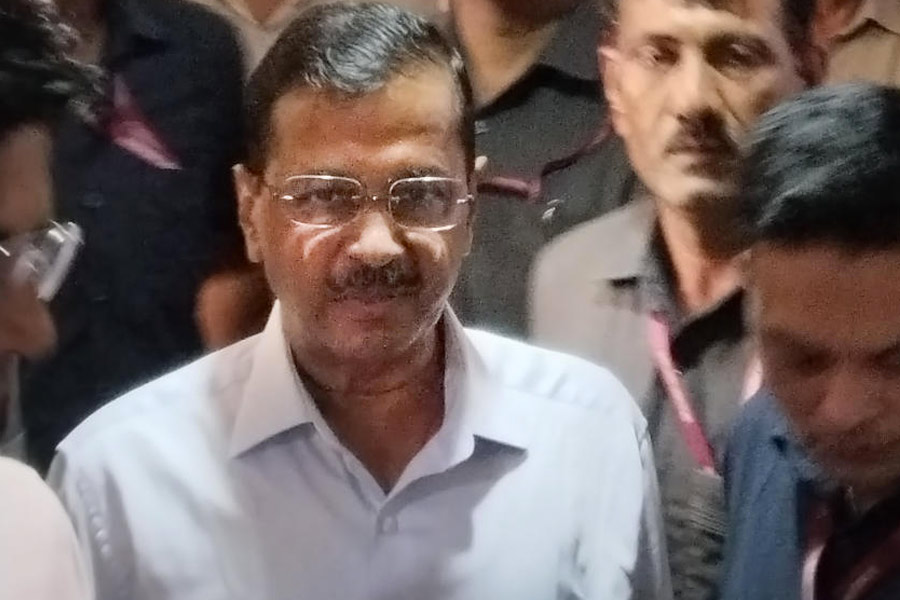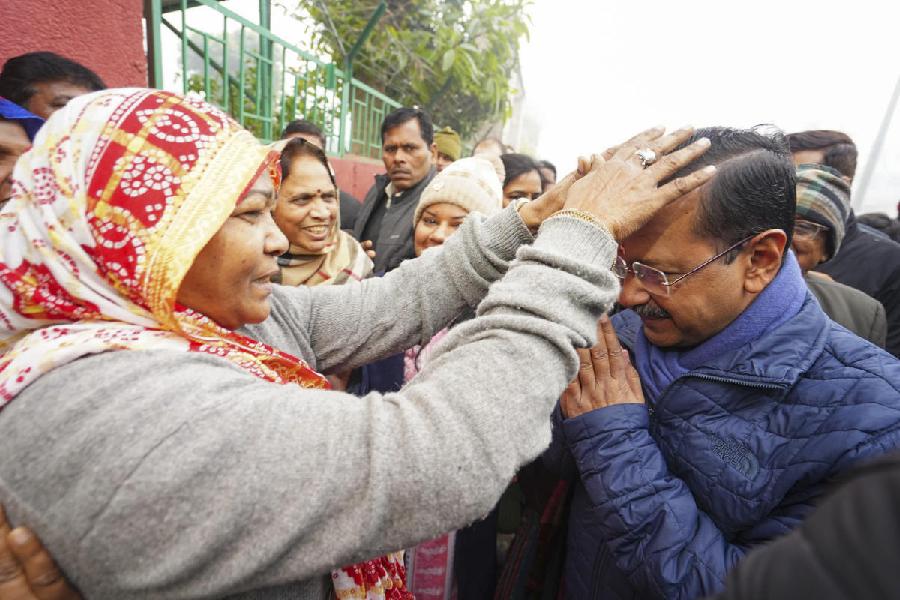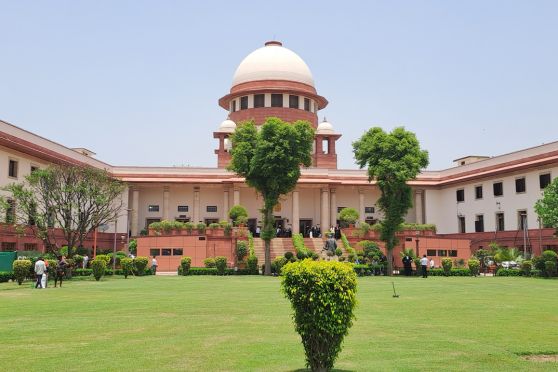The Supreme Court on Tuesday said it may grant interim bail to Delhi chief minister Arvind Kejriwal in the alleged ₹100-crore excise policy case keeping in view the ongoing elections since he is "not a habitual offender”, but also directed that he shall not be allowed to sign official files.
A bench of Justice Sanjiv Khanna and Justice Dipankar Datta indicated this during an inconclusive hearing, which may resume on Thursday or next week.
"He is an elected chief minister of Delhi. The elections are around the corner. These are extraordinary situations. He is not otherwise a habitual offender or somebody who has been involved in many other cases. Elections are held once every five years. It is not like the harvesting season every six months. We don’t appreciate this,” Justice Khanna, heading the bench, said while responding to strong opposition from solicitor-general Tushar Mehta appearing for the Enforcement Directorate (ED) along with additional solicitor-general S.V. Raju.
Mehta argued that Kejriwal was arrested only after he had evaded nine summons and granting him bail merely because of elections or that he happens to be a politician would send a wrong message to society. He said several heads of organisations are also languishing in jail for offences committed under the Prevention of Money Laundering Act. “Please do not earmark political leaders as a separate class,” Mehta urged the court.
Justice Datta said the arrest of a person also takes away the rights of personal liberty of a citizen guaranteed under Article 21 of the Constitution and the court has to see whether due process had been followed or not while depriving a citizen of such precious rights.
The court also questioned the timing of the arrest. “It is not good for an agency to say that it took two years to unearth a controversy,” the bench said.











